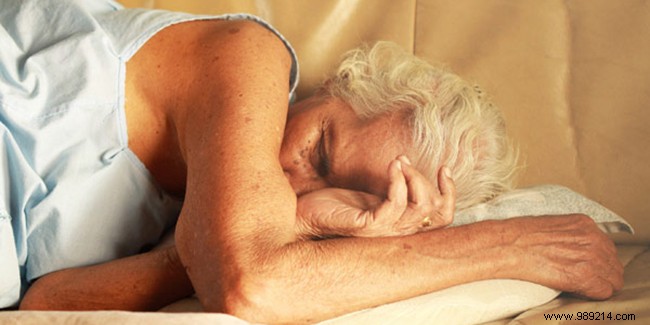
As we age, achieving restful sleep becomes increasingly difficult. Research shows nearly one in three seniors battles insomnia or frequent nighttime awakenings, which can significantly diminish quality of life and overall health.
Aging naturally disrupts sleep patterns, making it harder to maintain deep, restorative rest. Sleep cycles become more fragmented, and the time spent transitioning between sleep stages lengthens, resulting in shorter overall sleep duration and morning fatigue.
Environmental factors play a key role. While younger people tolerate noise, light, or temperature fluctuations easily, seniors grow more sensitive to these disruptions. Lifestyle choices also contribute: heavy, late meals, evening excitement, stress, or strong emotions can all interfere with sleep.
If you're struggling to fall asleep or concerned about your health, explore resources at www.masantedabord.com. Managing these factors requires tailored strategies suited to older adults.
Absolutely—targeted changes can restore better sleep. Start with supportive bedding, such as an orthopedic mattress designed for senior body types. Create an ideal sleep environment: quiet, dark, and comfortably cool, away from household noise.
Choose breathable, well-fitting sleepwear for maximum comfort. Establish a consistent bedtime routine, sticking to regular sleep and wake times. In the morning, open curtains and ventilate the room to help regulate your circadian rhythm.
Steer clear of stimulating activities or stimulants like coffee, tea, or alcohol in the afternoon. Opt for light snacks or meals instead. Short afternoon naps are fine if kept brief. Herbal teas with chamomile or valerian may promote relaxation. When drowsiness hits, head to bed promptly.
If these steps don't help, consult a geriatrician for personalized guidance.